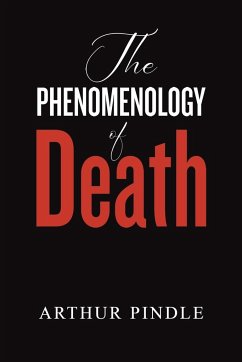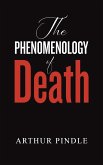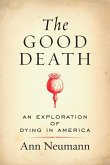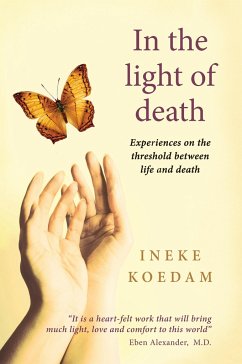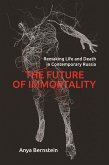Why do we prefer to say that someone has "passed away" rather than simply saying that the person has died? When did people begin to believe that there was existence after death? In what other ways does death affect how we live?This book examines death as a phenomenon in human culture. It looks at how our attitudes about death have changed over many centuries. There is a detailed critique of views on the belief in existence after death, and an analysis of how our attitude about existence after death affects our attitudes about the meaning of life. There is also an explanation of how death influences our everyday psychology and psychological responses. An important indication is why existence after death will soon be generally considered to be a scientific fact.
Hinweis: Dieser Artikel kann nur an eine deutsche Lieferadresse ausgeliefert werden.
Hinweis: Dieser Artikel kann nur an eine deutsche Lieferadresse ausgeliefert werden.

